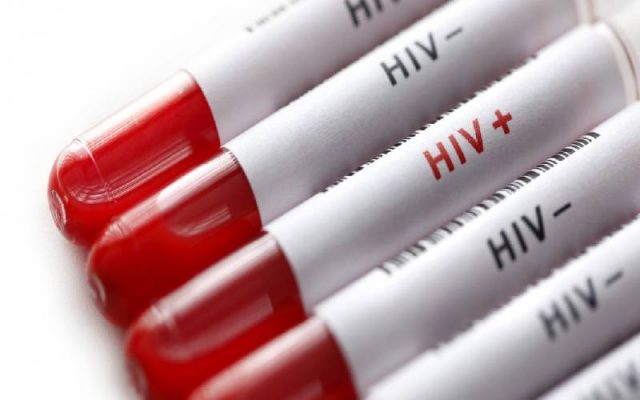
Were it not for the dedication of professional scientists and doctors working around the clock, HIV/AIDS would still be destroying lives and poking big holes on our economic fabric. According to the latest 2018 HIV estimates, there are 1,493,382 Kenyans living with HIV. Antiretroviral treatment (ART) which has been crucial in achieving viral suppression among HIV-infected patients has greatly helped in keeping the disease at bay.
But Kenyans have been aggressive in finding a lasting solution to burying HIV/AIDS. As per reports published by Nature Communications, one of our own Dr Benson Edagwa, an Assistant Professor of Pharmacology at the University of Nebraska Medical Centre (UNMC) is among the team of researchers at the Lewis Katz School of Medicine at Temple University who are working on a new HIV drug that will potentially cure the disease.
In a major collaborative effort, the researchers studied 29 mice, using a combination of gene-editing technology (CRISPR) and a therapeutic treatment called LASER ART to erase HIV DNA from the genomes of some of the mice. Dr Benson administered a combination of a modified ARV treatment to keep the virus at low activity levels, along with a powerful gene-editing technique that cut off HIV genes from infected cells. In the various tests, the scientists found no trace of the virus in 30 per cent of the animals.
LASER ART a medication effective, when released slowly over time, slips through the membranes of cells in places where HIV tends to hide, like the liver, lymph tissue, and spleen killing dormant viruses. It also maintains HIV replication at low levels reducing the frequency of ART administration.
While at it dedicated team of Kenyan scientists at Institute of Primate Research (IPR) a State Agency, who developed a UniPron a gel works by lowering and stabilising the environment at levels that are too acidic for HIV to survive and doubles up as a spermicide and a lubricant as explained by Dr Mwethera its principal inventor is about to unveil it to the world.
Unipron which won the Tony Elumelu Entrepreneurship Award in 2015, an Africa Union Innovation Award in 2013 and Kenya National Innovation Agency/Newton Fund Award in 2019 is now set for the final human clinical trials according to principal investigator Peter Gichuhi.
“For the next and final phase, we have put together a strong team of academics, clinicians, investors and marketers,” said Dr Mwethera, whose team was early this year awarded in London for the innovation.
Suppose the human trials are successful, Kenya could be the first country in the world to put an effective anti-HIV microbicide in the market. The team is already seeking ethical and statutory approvals for the proposed trials.
“We are in discussions with several institutions with the requisite capacity and knowledge to carry out human clinical trials of the highest quality and ethical standards,” said Dr Kavoo Linge, a consultant gynaecologist at Nairobi Hospital and the clinical adviser to the project.
